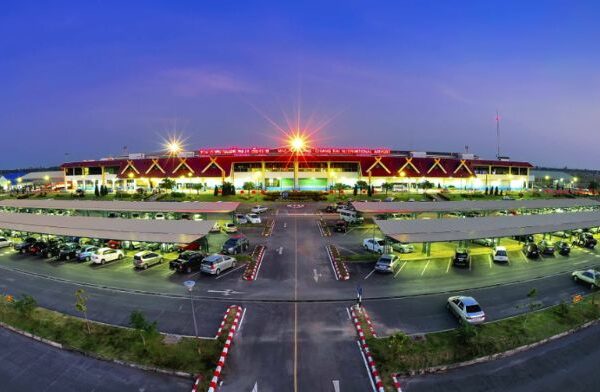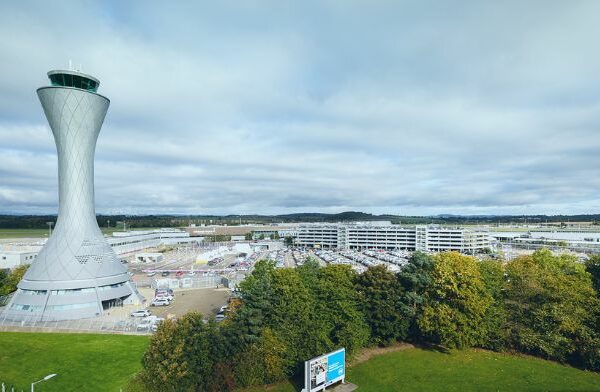Both Cannes-Mandelieu and Golfe de Saint-Tropez airports in the south of France have announced plans to only fuel internal combustion vehicles, that cannot be converted to fully electric engines, with biodiesel. According to Aeroports de la Cote d’Zur, which operates both airports, will result in reducing CO2 emissions by 80% over their entire life cycle and help reduce the airports’ emissions by more than 50 tonnes of CO2 per year.
At dedicated business aviation hub, Cannes-Mandelieu, fire engines, refuelling lorries, farm machinery and auxiliary power units used to supply electricity to aircraft on stopovers are now fuelled with biodiesel. Known as HVO 100, the fuel is produced from waste products such as used edible oils, animal fats and by-products from the paper-pulp sector. It is the only internationally recognised biofuel that can be used on its own and meets the EN 15940 standard.
For Cannes, which uses 20,000 litres of diesel per year, the transition to biodiesel represents a further saving of 42 tonnes of CO2 equivalent per year, as one litre of diesel emits 2.67 kg or CO2. This volume represents half of the residual emissions from the airport.
Having made the same commitment, Golfe de Saint-Tropez says the switch to biodiesel represents a saving of 8.5 tonnes of CO2 equivalent per year. It currently has an annual diesel consumption of 4,000 litres.
Franck Goldnadel, Chairman of the Board of Aeroports de la Cote d’Azur, commented: “No effort should be made to reduce the carbon footprint of our activities in our region. Far from being the only solutions to be envisaged, technological developments represent opportunities that must be grasped without delay to achieve carbon neutrality as quickly as possible without offsetting. Our roadmap is clear and we are committed to achieving neutrality by 2030.”
Head photo: (C) Aeroports de la cote d’azur






